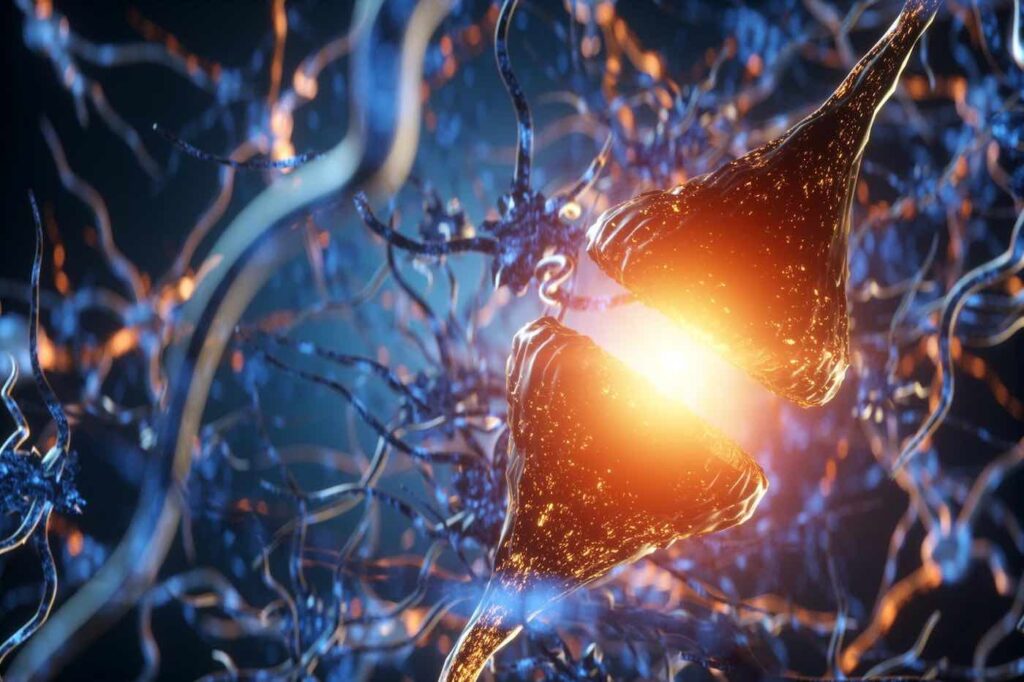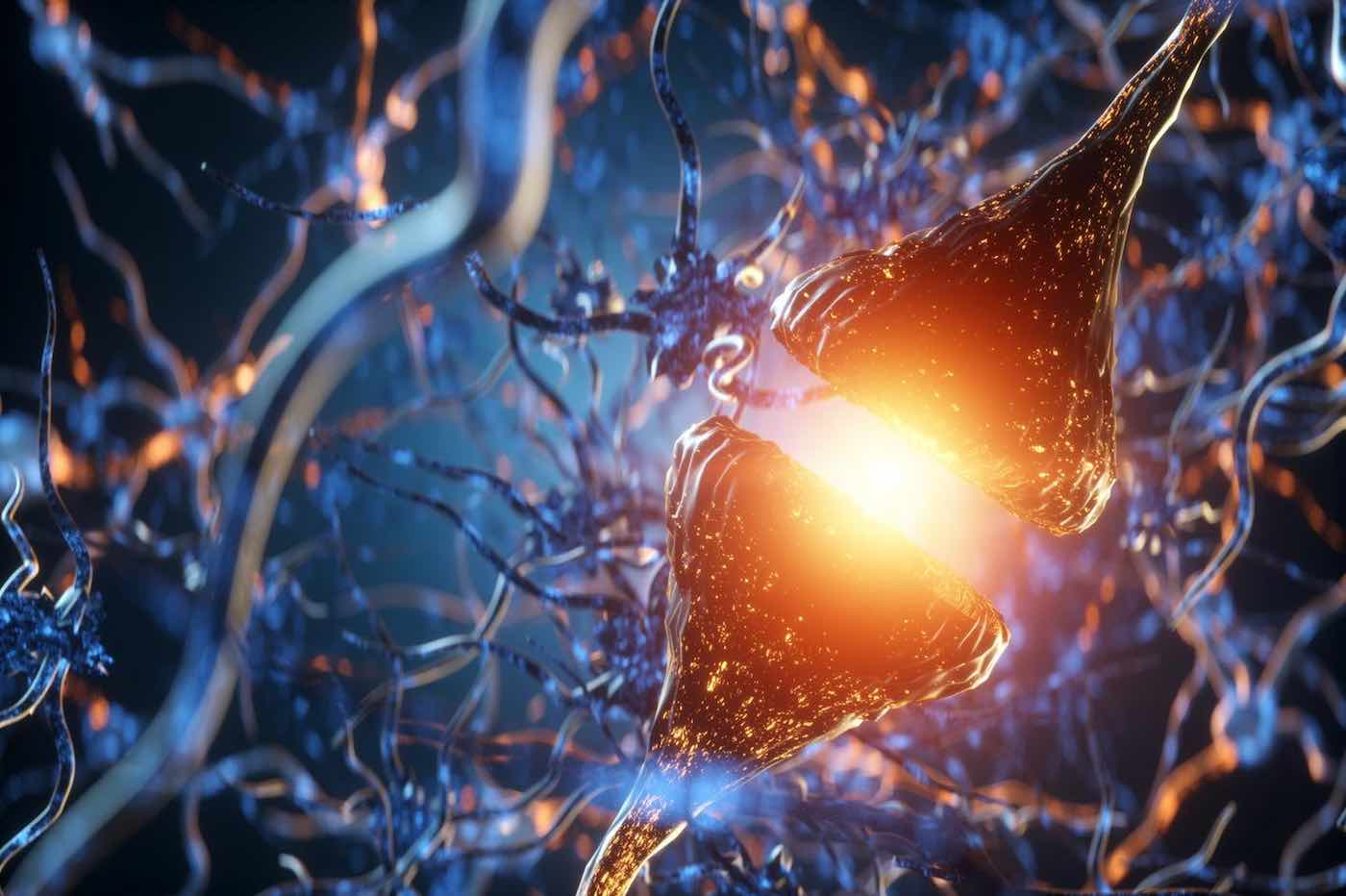Scientists are hopeful that their discovery might be a breakthrough in Alzheimer’s research, after experiments with oxytocin showed it might be useful in treating, and maybe even reversing, degenerative disorders.
The research, published on July 20, has revealed for the first time that the chemical oxytocin, also known as the ‘cuddle hormone,’ could have therapeutic benefits for cognitive disorders, including dementia.
Oxytocin is released by the pituitary gland and is known for its role in the female reproductive system and in inducing feelings of love and happiness. It can also can boost learning and memory, scientists found.
The study suggests that signals in the brain that become blocked, leading to dementia, may be able to be unblocked.
Alzheimer’s disease is a progressive disorder in which the nerve cells, or neurons, in the brain and the connections among them degenerate slowly, causing severe memory loss and deterioration in motor skills and communication. One of the main causes is the accumulation of a protein called amyloid beta (Aβ) in clusters around the brain neurons, which hampers their activity and triggers their degeneration.
This deterioration affects a specific trait of the neurons, called “synaptic plasticity”, which is the ability of synapses—where neurons swap signals—to adapt to an increase or decrease in brain activity.
RELATED: New Alzheimer’s Nasal Spray Shown to Reduce Proteins Which Cause the Disease in Mice
Synaptic plasticity is crucial to the development of learning and cognitive functions in the hippocampus—the area of the brain where new memories are formed and skills are learned.

Love is the drug
When oxytocin was added to the brains of mice, scientists found the signaling abilities increased, which researchers say suggests that oxytocin can reverse the impairment of synaptic plasticity caused by the amyloid beta protein.
Scientists also artificially “blocked” oxytocin receptors in the brain samples from mice to show that the hormone needs these receptors to still be effective in boosting the synapses.
Researchers also found that oxytocin itself does not have any effect on synaptic plasticity in the hippocampus, but it is somehow able to reverse the ill-effects of amyloid beta.
Oxytocin is known to facilitate certain cellular chemical activities that are important in strengthening neuronal signaling and formation of memories.
Professor Akiyoshi Saitoh, who led a team of scientists from Japan at the Tokyo University of Science, says, “This is the first study in the world that has shown that oxytocin can reverse Aβ-induced impairments in the mouse hippocampus.”
“Oxytocin was recently found to be involved in regulating learning and memory performance, but so far, no previous study deals with the effect of oxytocin on Aβ-induced cognitive impairment.”
This is only a first step and further research needs to be carried out in living animals and then humans before sufficient knowledge can be gathered to use oxytocin as a drug for Alzheimer’s, the team said.
But, Prof. Saitoh remains hopeful their new study could be the start of a breakthrough in the treatment of Alzheimer’s.
“At present, there are no sufficiently satisfactory drugs to treat dementia, and new therapies with novel mechanisms of action are desired.
“Our study puts forth the interesting possibility that oxytocin could be a novel therapeutic modality for the treatment of memory loss associated with cognitive disorders such as Alzheimer’s disease.
“We expect that our findings will open up a new pathway to the creation of new drugs for the treatment of dementia caused by Alzheimer’s disease.”
The findings were published in Biochemical and Biophysical Research Communication.
SHARE The Love Drug Breakthrough With Friends on Social Media…




















